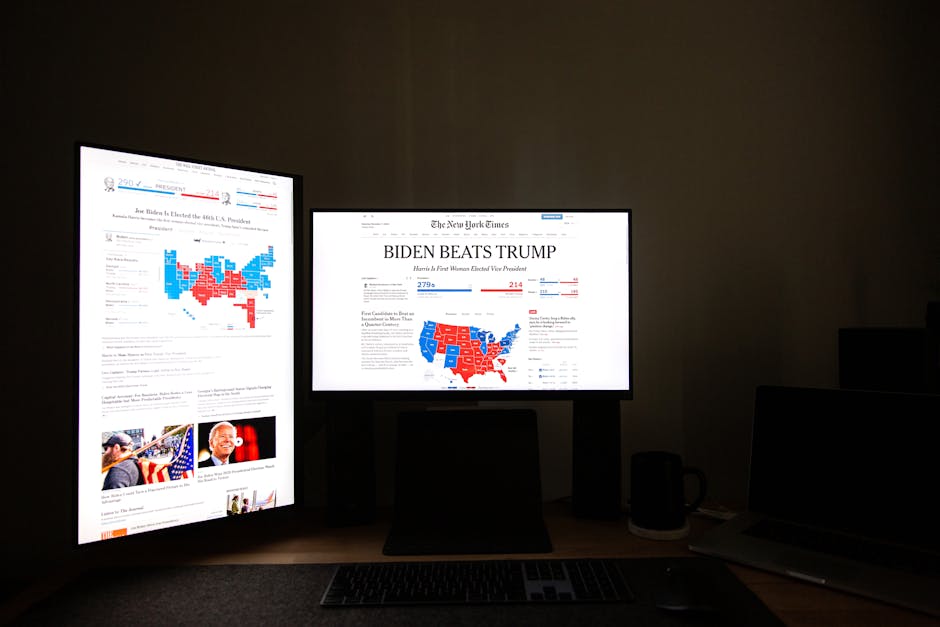A Diaspora Victory Becomes a Domestic Debate
In an increasingly connected world, a political ripple in New York can trigger a tidal wave of debate in Mumbai. The historic primary win of Zohran Mamdani, a first-generation Indian-American and son of acclaimed filmmaker Mira Nair, for the New York State Assembly should have been a straightforward moment of pride for the Indian diaspora. A young, progressive voice with Indian roots making his mark on the global stage is a story that usually inspires celebration.
But in the hyper-politicised landscape of modern India, even a victory thousands of miles away is viewed through a local, and often contentious, lens. The congratulations had barely begun to roll in before the narrative was abruptly yanked back to the familiar battlegrounds of Mumbai politics.
The Warning: What Did Mumbai BJP Chief Ashish Shelar Say?
The catalyst was a sharp, pre-emptive warning from Ashish Shelar, Mumbai BJP chief and Bandra West MLA. Reacting to Mamdani’s victory, Shelar issued a statement that was less about celebrating a diaspora achievement and more about marking his own political territory. “I want to warn them,” he declared, “if anyone tries to impose a ‘Khan’ on the people of Bandra West, we will not allow it.”
Why ‘Khan’? Decoding the Political Message
Let’s unpack this statement. First, the factual inaccuracy. Zohran’s surname is Mamdani. The use of “Khan” is either a glaring error or, as political observers suggest, a deliberate dog-whistle. In the lexicon of right-wing politics in India, “Khan” is often used as a loaded shorthand to invoke a specific religious identity to polarise and rally a base. By framing it this way, Shelar wasn’t just commenting on an election in Queens; he was drawing a line in the sand in Bandra.
The Local Connection: From Queens, New York to Bandra, Mumbai
So, why this strong reaction to a New York election? The context is key. Zohran Mamdani’s mother, Mira Nair, is a long-time resident of Mumbai and a prominent figure in the very constituency Shelar represents—Bandra West. This is not just any Mumbai suburb; it’s a cosmopolitan hub home to Bollywood’s elite, artists, and a diverse electorate. For years, there has been quiet speculation about whether a high-profile, liberal figure like Nair could ever be fielded as a candidate by opposition parties in this prestigious seat.
Shelar’s statement is a clear move to quash any such nascent ideas. By connecting Zohran’s win to a hypothetical “imposition” on Bandra, he is sending a message to his political rivals: Don’t even think about it. The subtext is clear: a progressive, US-based politician’s family, perceived as part of the “liberal elite,” has no place in the local politics of his constituency.
A Global Win, A Local Battleground
This incident reveals a deeper trend: the complete collapse of any space that is not political. A family’s success is no longer just a personal or community achievement; it is immediately absorbed into the domestic political grinder. Shelar’s warning serves as a stark reminder that in 21st-century India, political battle lines are drawn everywhere—from the local polling booth in Bandra to the state assembly primaries in New York.
What began as a story of a young man’s democratic triumph in America has, in a flash, become a cautionary tale about the insular and often divisive nature of politics back home.




